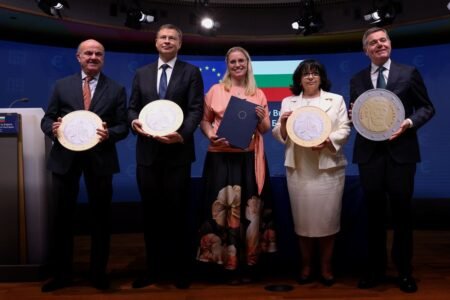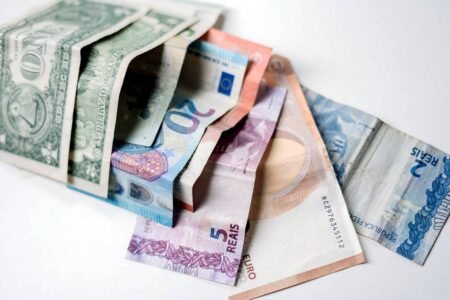(BRUSSELS) – The European Commission proposed Tuesday to strengthen EU rules on anti-money laundering in a bid to counter terrorist financing and increase transparency about who really owns companies and trusts.
The proposal forms part of an Action Plan to strengthen the fight against terrorist financing and is also part of a broader drive to boost tax transparency and tackle tax abuse. The Commission also presented at the same time a Communication in response to the recent Panama Papers revelations.
The Commission’s proposals are aimed at helping national authorities to track down people who hide their finances in order to commit crimes such as terrorism. Under the proposals, EU Member States will be able to get and share vital information about who really owns companies or trusts, who is dealing in online currencies, and who is using pre-paid cards.
The Commission is hoping that making public information on who is behind companies and trusts will be a strong deterrent for potential tax-evaders.
“The update of the Fourth Anti-Money Laundering Directive will prevent any loopholes in Europe for terrorists, criminals or anyone trying to play with taxation rules to finance their activities,” said Justice Commissioner Vera Jourova. “Better cooperation to fight these issues will make the difference,” she added.
The Fourth Anti-Money Laundering Package was adopted in May 2015 and was seen as a significant step towards improving effectiveness of the EU’s efforts to combat the laundering of money from criminal activities and to counter the financing of terrorist activities. It set higher standards for the prevention of money laundering, such as the requirement for Member States to put in place national registers of beneficial owners of companies and some trusts. EU Member States have committed to implement the package more swiftly than initially planned, at the latest at the end of 2016.
The Commission is proposing changes to prevent the financial system from being used for funding terrorist activities:
- Enhancing the powers of EU Financial Intelligence Units and facilitating their cooperation: the scope of information accessible by the Financial Intelligence Units will be widened, and they will have access to information in centralised bank and payment account registers and central data retrieval systems, which Member States will have to establish to identify holders of bank and payment accounts;
- Tackling terrorist financing risks linked to virtual currencies: to prevent misuse of virtual currencies for money laundering and terrorist financing purposes, the Commission proposes to bring virtual currency exchange platforms and custodian wallet providers under the scope of the Anti-Money Laundering Directive. These entities will have to apply customer due diligence controls when exchanging virtual for real currencies, ending the anonymity associated with such exchanges;
- Tackling risks linked to anonymous pre-paid instruments (e.g. pre-paid cards): the Commission also proposes to minimise the use of anonymous payments through pre-paid cards, by lowering thresholds for identification from 250 to 150 and widening customer verification requirements. Proportionality has been taken into account, with particular regard paid to the use of these cards by financially vulnerable citizens;
- Stronger checks on risky third countries: As mandated by the Fourth Anti-Money laundering directive, the Commission proposes to harmonise the list of checks applicable to countries with deficiencies in their anti-money laundering and countering terrorist financing regimes. Banks will have to carry out additional checks (‘due diligence measures’) on financial flows from these countries. The list of countries, mirroring the FATF list, will, for procedural reasons, be formally adopted on 14 July.
The new proposal will reinforce the measures introduced by the Fourth Anti-Money Laundering with the following changes:
- Full public access to the beneficial ownership registers: Member States will make public certain information of the beneficial ownership registers on companies and business-related trusts. Information on all other trusts will be included in the national registers and available to parties who can show a legitimate interest. The beneficial owners who have 10% ownership in certain companies that present a risk of being used for money laundering and tax evasion will be included in the registries. The threshold remains at 25% for all other companies.
- Interconnection of the registers: the proposal provides for the direct interconnection of the registers to facilitate cooperation between Member States.
- Extending the information available to authorities: The Commission has proposed that existing, as well as new, accounts should be subject to due diligence controls. This will prevent accounts that are potentially used for illicit activities from escaping detection. Passive companies and trusts, such as those highlighted in the Panama Papers, will also be subject to greater scrutiny and tighter rules.
Further information:








